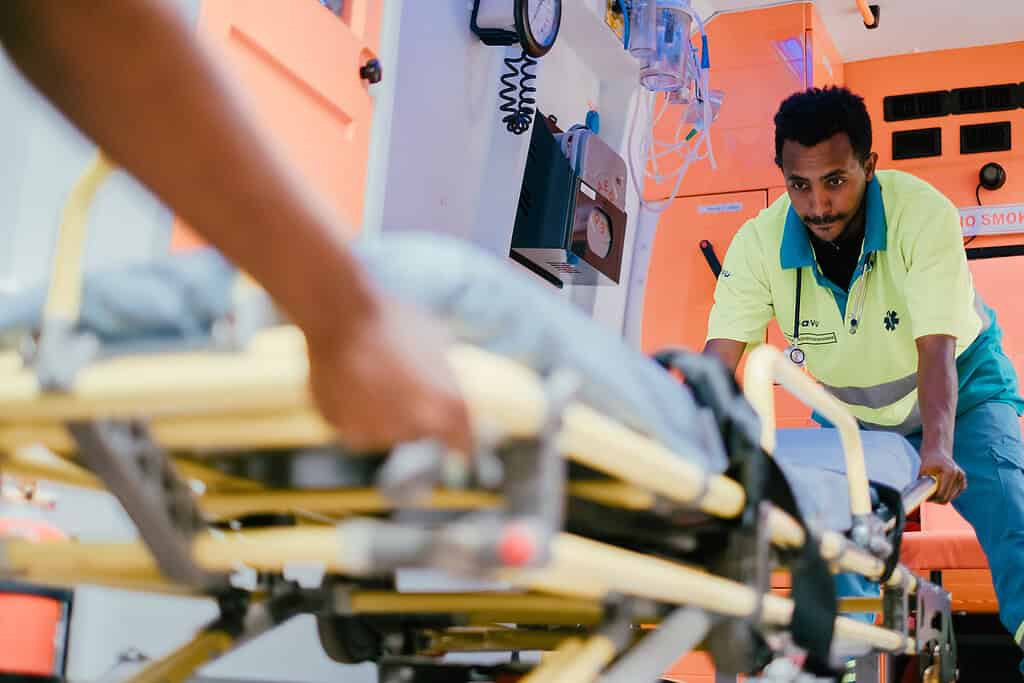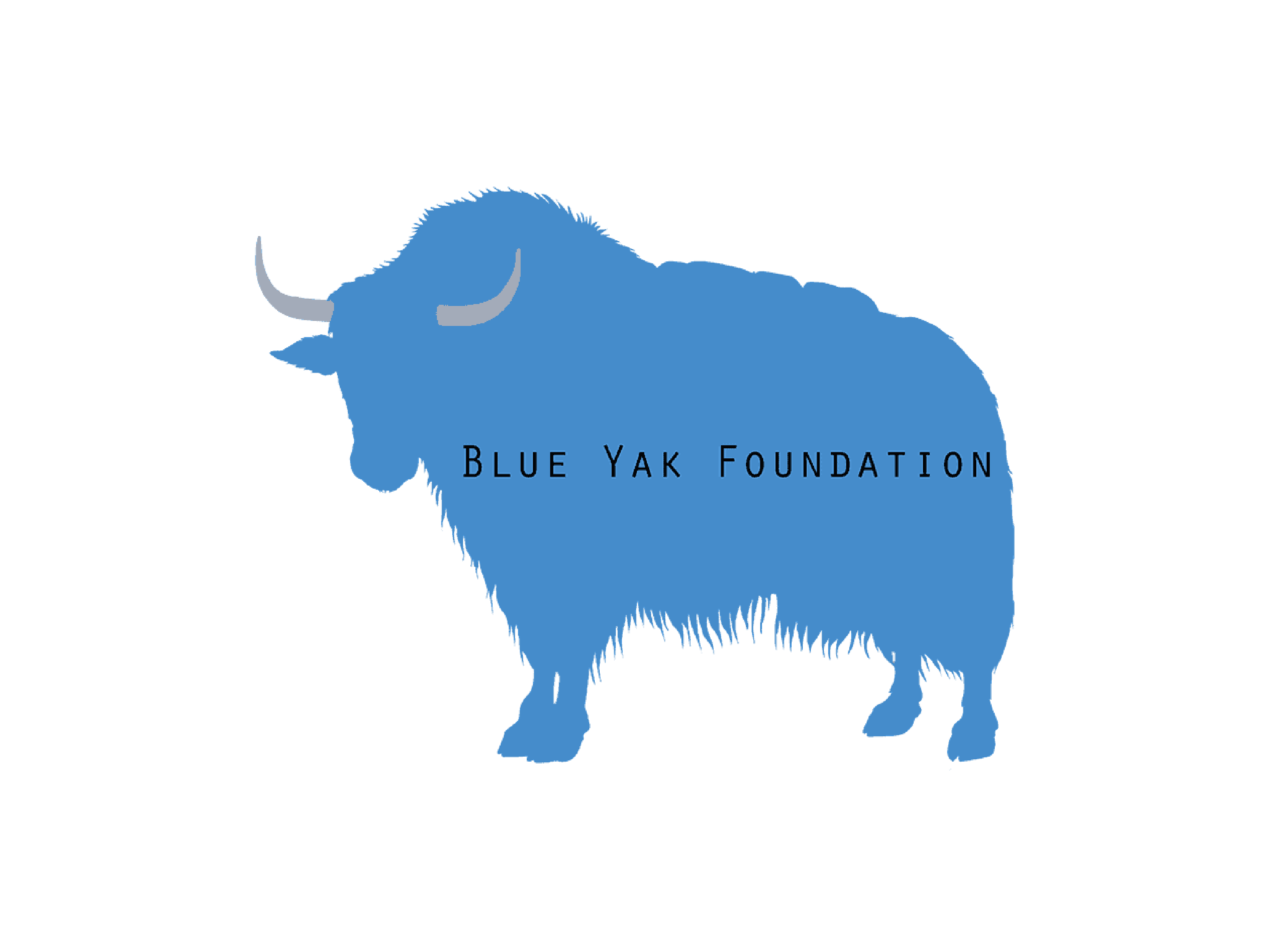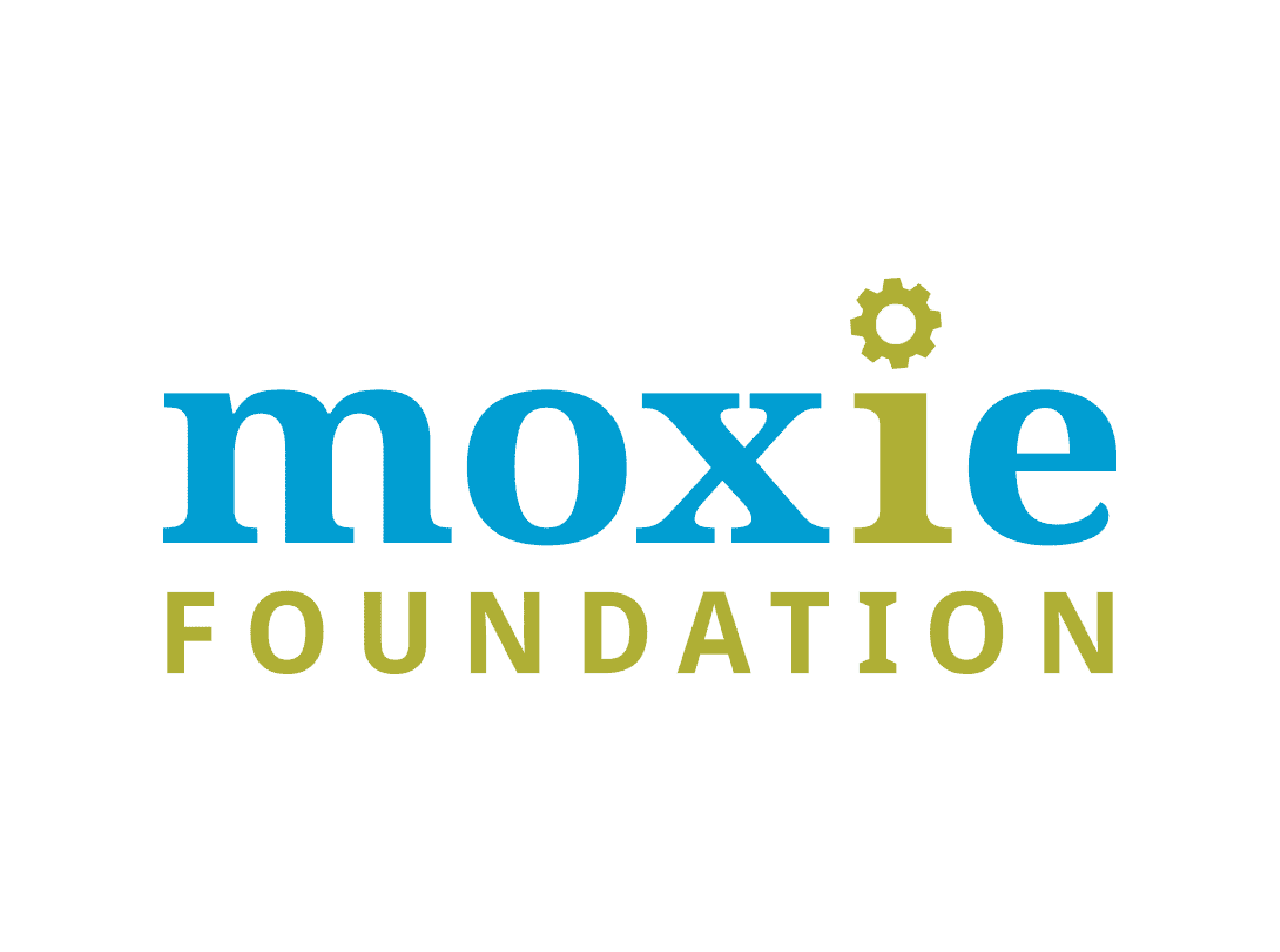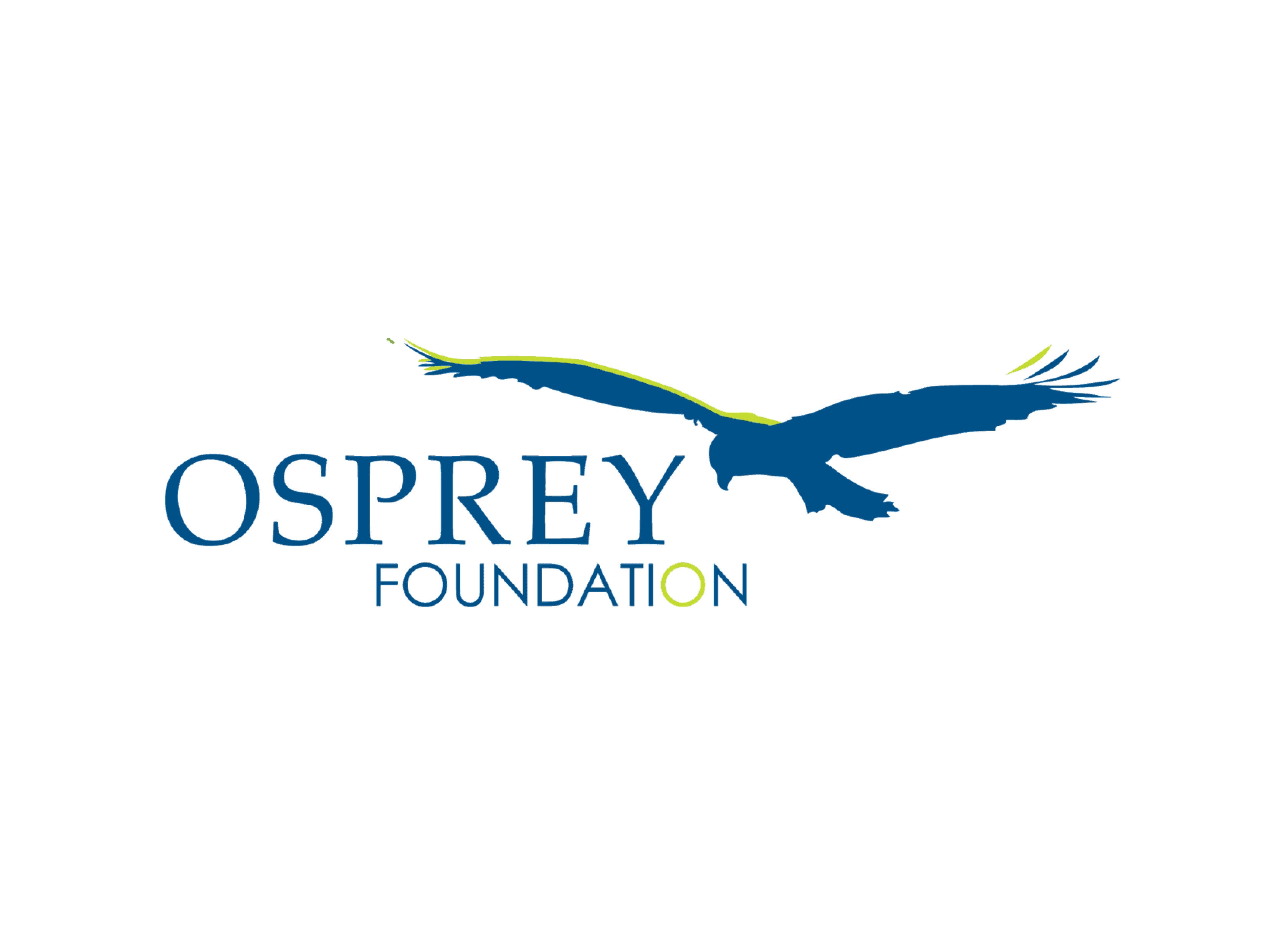Acumen Emergency Facility
Acumen’s first-ever emergency facility in response to COVID-19
- Case Study
- All impact sectors
- All Regions
- 2020

The Acumen Emergency Facility (AEF) was a global facility to support Acumen’s network of portfolio companies and Fellows serving low-income communities through the COVID-19 crisis.
The problem
The year 2020 was one of the most challenging that Acumen’s global community of entrepreneurs and Fellows had faced. The devastating health and economic impacts of COVID-19 disproportionately affected vulnerable communities around the world, and we were humbled to see how our investees and Fellows stood at the front lines of the crisis to support them.
In March 2020, we quickly sought to understand the impact of COVID-19 on our community and saw the critical need for emergency funding to sustain our Fellows’ and investees’ operations, help them pivot to new ways of operating, and enable them to continue to provide critical services. As a result, we decided to do something radical: develop Acumen’s first-ever emergency response facility for our community to address the challenges facing vulnerable and low-income people across the globe.
The solution
The Acumen Emergency Facility (AEF) was a global facility to support our network of portfolio companies and Fellows serving low-income communities through the COVID-19 crisis. It was targeted to organizations that needed funding to expand access to essential services, adapt their business models, cover short-term operating expenses (such as employee salaries), or supply workers with Personal Protective Equipment.
Acumen raised $4.8 million, from which $4,051,977 was disbursed to 96 entrepreneurs and Fellows across India, Pakistan, West and East Africa, Latin America, and Global Fellows. 57% of funds went to Acumen Fellows and 43% went to investees. 51 organizations were for-profit and 45 were non-profit.
The impact
With Acumen’s support, 96 organizations impacted more than 1,345,000 lives, protected the livelihoods of 2,173 smallholder farmers and artisans, and provided income to 5,350 people across five regions.
Education was the sector that received the highest level of support (23 recipients), followed by agriculture (20 recipients) and youth services and empowerment (9 recipients). Other sectors supported were women’s services and empowerment, health, energy, financial services and inclusion, workforce development, and water, sanitation, and hygiene.
The story
When reflecting on Acumen’s role and response in the COVID-19 crisis, our regional teams agreed that the AEF was a critical lifeline for many members of our community who were under significant financial stress. Through a smooth process, Acumen quickly received applications and disbursed funds, which enabled organizations to continue operating and support their communities under the most challenging circumstances. One Pakistan Fellow said that AEF funding was “like oxygen for our key staff to continue work.” Moreover, this initiative was highly effective because we put our Fellows and investees at the center, asking them what they needed, learning how we could support them, and assisting them with their applications.
We learned that they needed cash to continue operating and paying salaries. For example, LabourNet, an Acumen investee whose skill-building and job-placement programs have trained over one million informal workers in India, depended on AEF funding to continue its operations, even though it had more than 11 successful years in the market. As a result of this support, it was able to repurpose its 100-person staff of trainers to serve free food and sanitation products. The company was able to reach more than 220,340 families, many of whom were migrant workers stranded in cities without any source of income due to COVID-19.
AEF funding also helped companies and organizations tap into new sources of capital. Several organizations reported that after foundations or investors saw that Acumen had supported them during the crisis, they were able to obtain additional grants and investment capital. For example, Fellow Ayushi Banerji, Co-Founder of the Gender Lab, an organization building gender equality in India through youth education and leadership programs, was able to recover three core funders when they saw that Acumen had provided funding to the organization. This suggests that flexible grants can catalyze further funding for early stage organizations. In India, all Fellows and investees combined were able to leverage $1,166,000 in grants and $50,000 in investment capital after receiving AEF funding.
Lastly, AEF allowed Acumen to identify opportunities to strengthen our support to Fellows and earlier-stage investees in terms of financial management and governance. We recognized that there were areas such as articulating financials, scenario planning and business strategy, where
Acumen could offer expertise to entrepreneurs and local leaders who are early in their journey, driven by mission and values, but have limited resources to build capacity. A gender divide also emerged in the number and level of financial detail in applications, suggesting that female Fellows would benefit from support in this area.
The AEF not only enabled our investees and Fellows to remain resilient despite challenging circumstances, but it has also provided many insights for both our early-stage investing work and Fellows programs.
“We are literally the only organization working in our area. If we had not been here during this period, the 30,000 people who we were able to support with rations would have suffered even more, either going hungry or taking on unsustainable levels of debt to make it through this period.”
Acumen Fellow Zubin Manav, Founder of Project Potential, India.
The Partners













